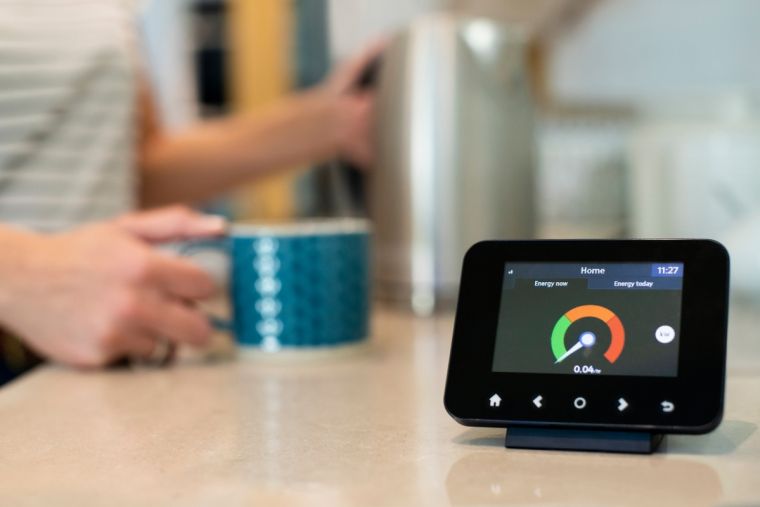More families will need emergency support as living costs spiral, warns charity

A Christian charity has warned of increased pressure on low income households amid rocketing energy prices and a Bank of England interest rate hike.
Ofgem warned this week that energy bills are set to rise by a staggering £693 for millions of households.
Chancellor Rishi Sunak has stepped in to offer a support package that includes £200 off energy bills from October - to be repaid over five years - and £150 off council tax for households in bands A to D.
Debt help charity Christians Against Poverty (CAP) said the country was facing a "cost of living crisis".
It has warned that low income households "will be hit the hardest by the energy crisis" and that more support will be needed to help ease the pressure for families.
Gareth McNab, CAP's director of external affairs, said the charity was expecting an increase in demand for its service.
"This is a really difficult situation that will see us all paying more for our energy, but for those on a low income or already struggling in debt this will be devastating," he said.
"With the cost of living crisis, we are already seeing a rise in people coming to us for free debt help.
"Sadly, we expect this rise to continue unless urgent action is taken to ease the impact of the increase in energy costs and wider inflation."
Mr McNab went on to express concern that the government support package still falls short of the energy price increase, leaving many households at risk of falling into greater fuel poverty.
He urged the government to bring the £200 energy bill rebate forward to April instead of October to help households already struggling.
The charity also wants to see an increase in the Warm Home Discount Scheme, which is set to rise by only £10 in winter 2022/23.
"This would allow for financial assistance to be delivered quickly, and provide those households with additional support right away," said Mr McNab.
He continued, "Alongside this, we are asking the Government for an exceptional increase in benefits rates in April, from 3.1% to 7.25%. This will allow payments to keep pace with the unusually steep rise in inflation, and help low-income households meet the higher cost of living across all consumer areas.
"Most importantly, these measures need to be brought in quickly enough to help low income households ahead of the energy prices rises in April, and not only support them through the initial shock of higher prices but make sure households can afford the cost of higher bills which are expected to last for at least two years."











